Much of the change that one experiences in India in recent times are arguably the effects of the Globalisation maelstrom – the complex of hegemonic economics structures and forces operated upon by powerful economies of developed countrie's, TNCs, flexible capital accumulation which are inducing a new international division of labour, communication and technological super revolution amidst other far reaching changes and in multitudinous ways are increasing the density of transnational interdependence.
This collection has papers on this contempo-reneous theme of Globalisation and its impact on developing countries, especially on India. It presents the implications of this governing leitmotif of over-arching genre across various fields with an interdisciplinary approach on the polity, the constitution and federalization process, the economic infrastructure, specific sectors of desiderative importance such as Agriculture, Regional imbalance and disparities, Education, Labour etc.
The papers of this collection by eminent specialists have a central over-arching commonality – i.e., they present perspectives which emphasize the interstices of internal inequalities of wealth, productivity and power in the Indian context while outlining the iniquitous nature of the structure of relations existing already, which when impacted upon by the highly inegalitarian and exploitative process of contemporary global forces are leading to deplorable and negative repercussions such as increasing immiserzation various imbalances while decreasing the share of entitlements, rights, democratic space of the poor and the most vulnerable. All this is happening in tandem alongside with the 'retreat of the state' from public domain and welfare functions. The social impact of this have been overwhelming and there has been aggravation in the extent and trends in inequality, poverty, and well-being in India,.
The papers string together the view that Globalization creating enormous potential for economic advancement is largely a chimera, as it also creates new vulnerabilities and insecurities which are inescapable and unsurmountable. They also posit the view that India, has the intrinsic capability and strength to resist globalization and its economy has the strength to weather out its serious repercussions including the cyclic depressions that the world economy prone to enter in like the one currently on.
Subhendu Ranjan Raj is an Associate Professor in Political science in P.G.D.A.V.A College (University of Delhi). After his M.A. and M.Phil. from University of Delhi his Ph.D dissertation was on 'The Nature of Coalition Politics: A Framework for Power Sharing' at the Centre for Federal Studies, Delhi. His fields of specialisations are Comparative Politics, Indian Politics Political Economy and Development Studies. He has published extensively in these areas and has presented papers at many prestigious international and national seminars. He is credited with the book entitled 'Political Coalitions in India' (forthcoming).

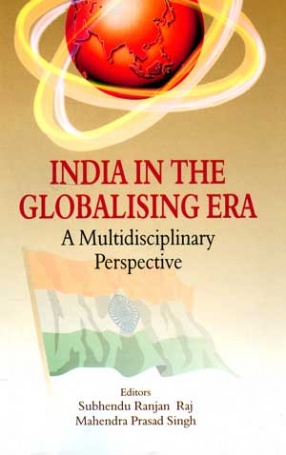
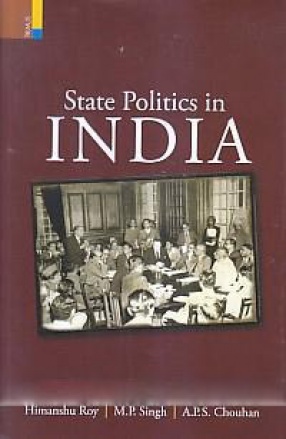
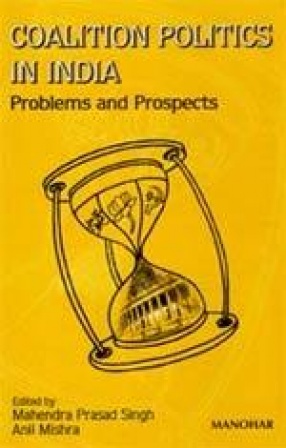
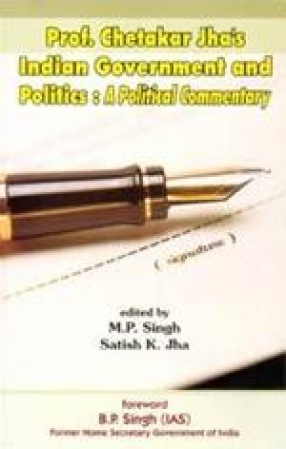



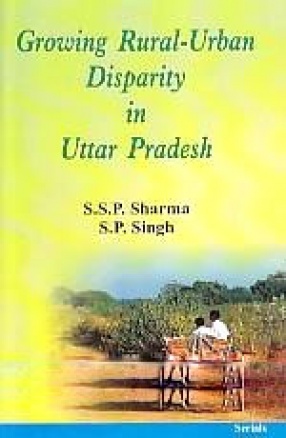
There are no reviews yet.